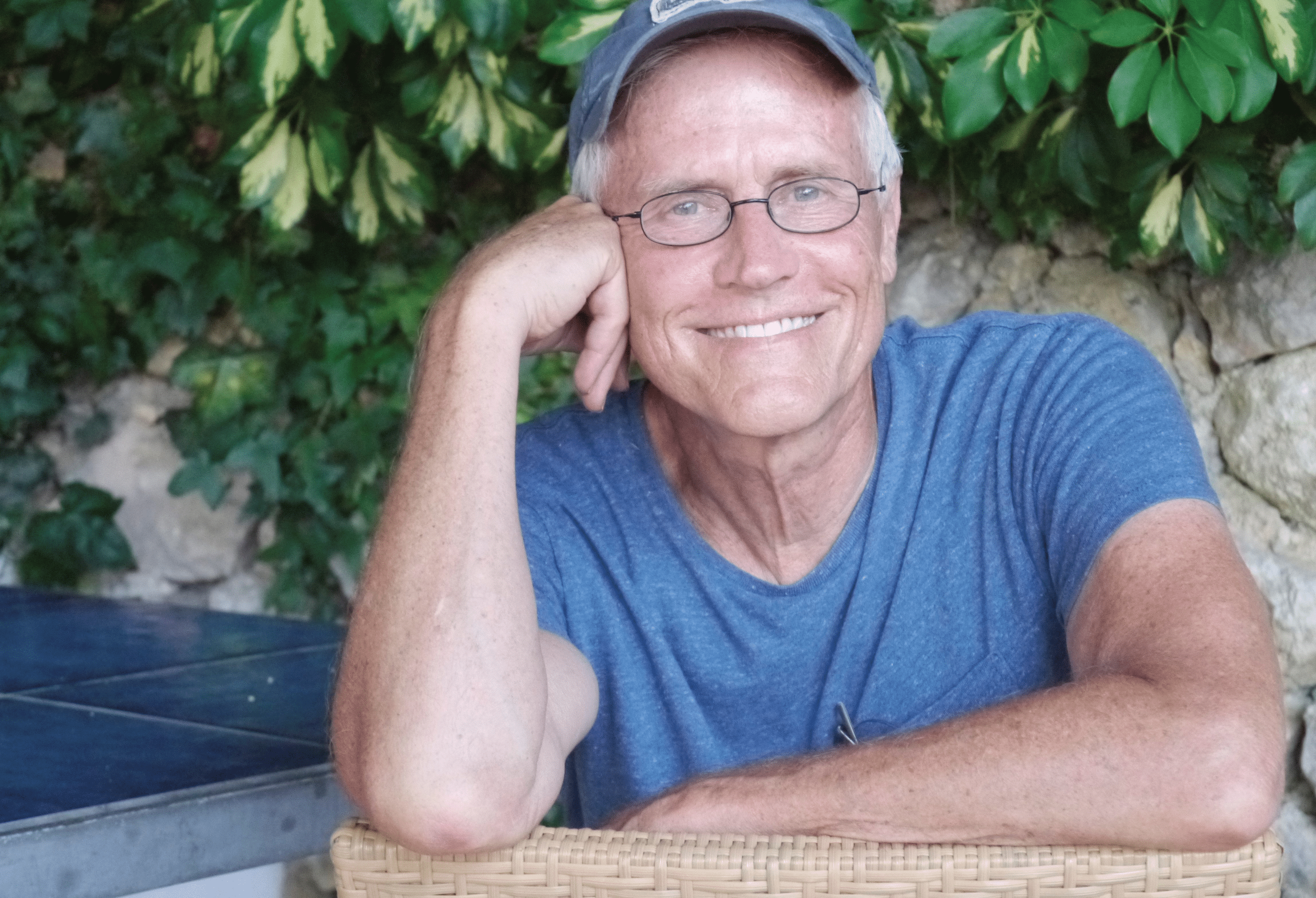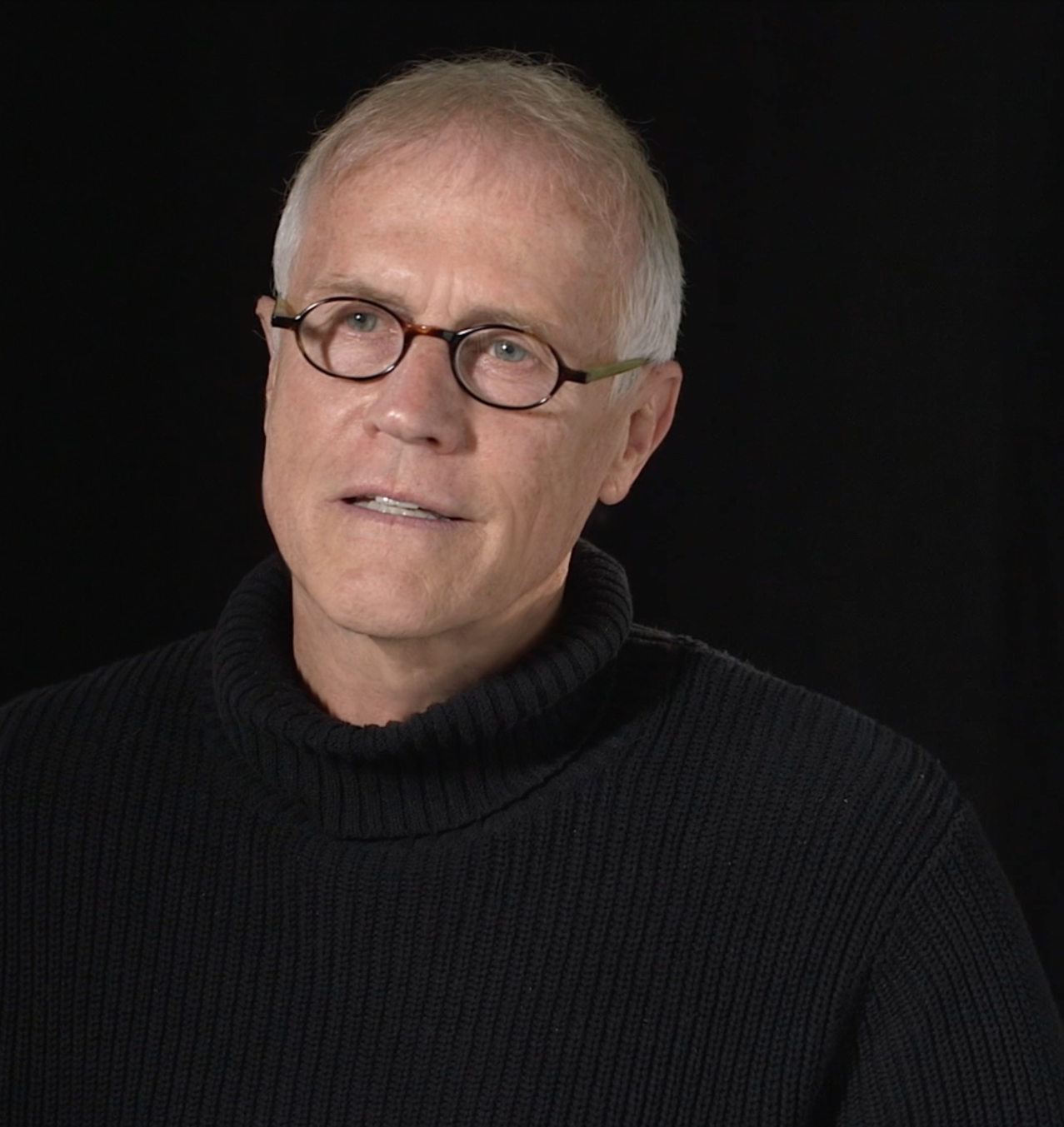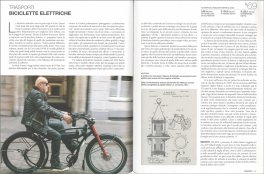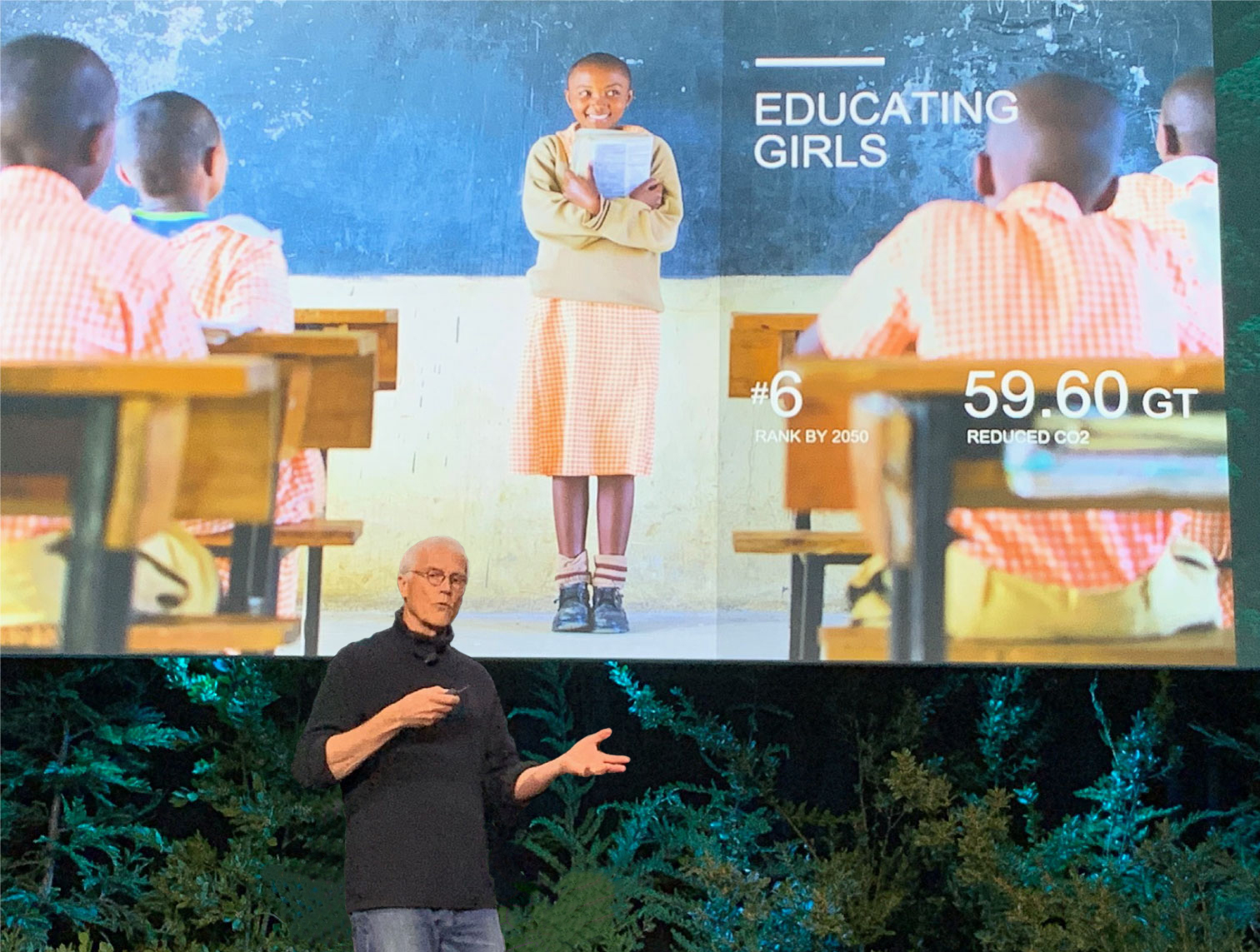

|a Energy - Wind turbines - Microgrids - Geothermal - Solar farms - Rooftop solar - Wave and tidal - Concentrated solar - Biomass energy - Nuclear - Cogeneration - Micro wind - Alexander von Humboldt - Methane digesters - In-stream hydro - Waste to energy - Grid flexibility - Energy storage, utilities - Energy storage. |a xv, 240 pages : |b illustrations |c 28 cm |a New York, New York : |b Penguin Books, |c

“It’s feedback.|a Drawdown : |b the most comprehensive plan ever proposed to reverse global warming / |c edited by Paul Hawken. “Climate change isn’t a curse,” Hawken said.

What if we viewed our circumstances not as daunting, but as a worldwide cue that it’s time for something different? What if global warming is not an obstacle but an opportunity to innovate and reimagine everything we make and do? This was a thought Hawken voiced near the conclusion of his speech. “Which precludes seeing global warming as an opportunity.” “When you put gloom and doom together with guilt, you get apathy,” Hawken noted. This strips people of both agency and responsibility, unintentionally forcing readers into a victim role, simply through language. Often, popular articles present global warming as an evil force we are unwittingly causing every day just by existing in the systems of our society, or as something happening to us that we are powerless to affect. There’s one more language issue: the generally guilt-inducing and apocalyptic tone that much climate writing assumes. In summary: We want to reverse global warming to reduce the effects of drastic climate change. When we refer to “climate change” as the problem, we are talking about its dramatic changes on a planet warmed by excessive greenhouse gas emissions in a very short period of geologic time. The climate is always changing in response to chemistry on earth, and always has. Plus, Hawken noted, you can’t “battle” climate change. “That’s dualistic thinking that got us exactly where we are.” “Any time you have a military metaphor, you’re saying there’s an enemy or other,” Hawken said. There’s a need for an accessible, simple vocabulary, Hawken said, and also a need to move away from the typically violent rhetoric that surrounds the topic: the war on carbon, slashing emissions, combating global warming. Throughout the talk, Hawken noted the confusion of terms that swirls around the topic of climate: decarbonization, negative emissions, climate change, global warming. The carbon sequestered on EFM properties is equivalent to the yearly emissions from 30,000 cars. Forests in Oregon, Washington, and California alone store 6.8 billion metric tons of carbon a year. Drawdown found that restoring the world’s temperate rain forests could result in nearly 23 gigatons of carbon sequestration by 2030.

Still, forests are a crucial part of the picture. Most people know that trees store carbon, but perhaps not everyone is aware that grasslands and wetlands also do so, sometimes even to a greater degree. The normal functioning of natural, healthy ecosystems pulls carbon from the air and stores it in soil or biomass. This is what the term “drawdown” refers to - the point where atmospheric greenhouse gases peak and begin to decline year-by-year as more carbon is sequestered back into the earth. He was talking about the need to not only arrest greenhouse gas emissions, but the equally important goal of pulling them out of the atmosphere. When he said this, audience members laughed, and Hawken smiled, but he was serious. Slowing down just means you’re going the wrong way more slowly.” “If you’re going the wrong way, you need to stop and turn around.


 0 kommentar(er)
0 kommentar(er)
